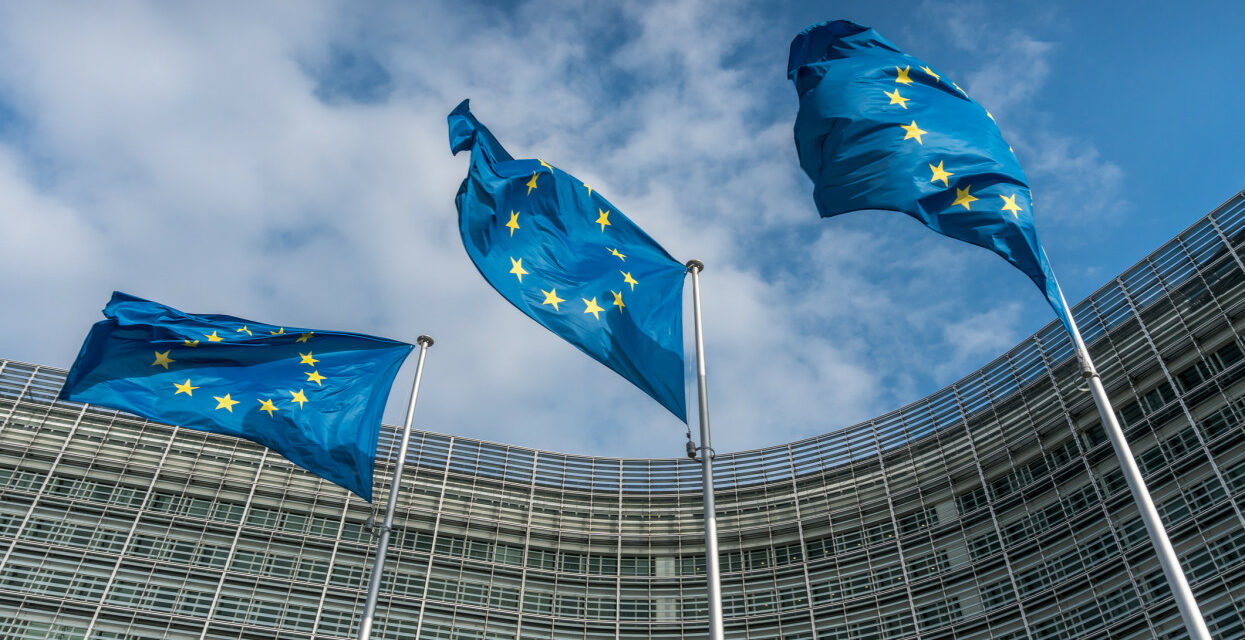It's lucky that the EU doesn't have an army, because then they would be able to demonstrate their educational intention with force. Written by Irén Rab.
It has been almost a quarter of a century since the European Union imposed economic and political sanctions against Austria. The sanctions were not preceded by a Tavares, Sargentini or other report, nor by a lengthy Article 7 procedure to prove that the member state violates the constitutional principles of the Union, democracy, human rights, and freedom. There was no sanction mechanism yet, and the European Parliament had much less authority in the course of the proceedings, and it was aware of this.
What happened was that in the fall of 1999, following democratic elections, the People's Party (VPÖ) and the Freedom Party (FPÖ) were able to form a government in Austria.
The latter was labeled as a right-wing populist, and the party leader, the Eurosceptic, anti-foreigner Jörg Haider, was classified as an extreme right-winger. Many believed that the Freedom Party's entry into government would increase the acceptance of far-right ideas in politics. In Brussels, they directly believed that Austria, with this right-wing government, would violate the EU's basic treaties, namely human rights.
The new Austrian government had not even been formed when the progressive forces of Europe launched an attack to overthrow it.
First, a series of hysterical demonstrations started by the Austrian left. From the coalition negotiations, the right-wing representatives had to escape through a tunnel from the crowd demanding their resignation. Left-wing hysteria has flooded Europe, what will happen if the extreme right comes to power in a coalition, just like in a member state? It's interesting, the coming to power of the communists never caught anyone's eye.
The EU did not have the power to annul the Austrian elections, so they chose a different path. A boycott was announced against Austria, which was joined by the then fourteen EU states, as well as the zealous Czech Republic.
At that time, decision-making was faster with fifteen member states. Sensing the right-wing danger, they began a panic-like consultation and in a resolution issued on January 31, 2000, it was stated that "the governments of the 14 member states will not enter into or accept any kind of bilateral relationship at the political level with the Austrian government cooperating with the FPÖ, and in the capitals of the European Union Austrian ambassadors are only received on a technical level." They called for a boycott of Austrian tourism (this is Austria's biggest source of income), stopped school exchange programs, and made it impossible for Austrian professionals to participate in international projects. Familiar?
The sanction was voted by 15 member states, Austria also voted against itself.
Because Austria was still represented in the Council by the socialist Viktor Klima, and his power interests dictated that the EU exert pressure on his political opponents. The leftist chancellor was not interested in Austria, but in his own existence. In fact, there was a left-wing coup attempt, orchestrated by Brussels.
It soon became clear that the respected board had made a mistake. After all, by imposing sanctions, the EU violated Austria's sovereignty, harmed its own moral credibility and endangered the imminent enlargement process. With these sanctions, the European Union showed the image of a power based on violence and questioned the results of a legitimate election.
In the end, three wise men were sent to Vienna to see if the right-wing coalition government continues its work in line with the values and norms of the EU. The sages found out that although the Freedom Party can still be considered a right-wing populist party, the Austrian government is committed to common European values and respects the rights of minorities, refugees and immigrants. At that time, the first Orbán government reigned in Budapest, and Viktor Orbán invited the new Austrian People's Party chancellor to Budapest. Even then, Hungary was only a candidate for membership in the desired world.
The sanctions were lifted, Haider retreated to his narrower homeland, Carinthia, where he collected the death threats, disparaging and slanderous newspaper articles, but did not take them seriously.
Then, one fine day, he had a fatal car accident, for which he alone can be responsible, breaking the rules, driving much faster than the legal limit, breaking the rules and not being able to take the turn. In addition, it came from a gay bar, which was also considered part of the discredit, because at that time there was no law in the Western world about equal rights for people of the same sex, and Conchita Wurst had not yet come out of the bottle.
The story was brought out of me by an article in the Financial Times. There they floated what is being cooked in the Brussels soup kitchen, what awaits Hungary if the right-wing radical and populist Viktor Orbán uses his veto to prevent the payment of the amount of money intended to support Ukraine.
I think the leaked plan shocked not only me but everyone. The last time such an extortion plan was conceived was in the Moscow Central Committee. It's lucky that the EU doesn't have an army, because then they would be able to demonstrate their educational intention with force.
Brussels has outlined a strategy that specifically seeks to weaken Hungary's economy.
It is necessary to shake the confidence of investors, thereby harming "job creation and growth". According to the plan, they would launch an attack on the forint, which would increase borrowing costs and scare the markets. If no agreement is reached, all EU financial support to Hungary will be permanently stopped. If there is no EU money, financial markets and international companies will be less interested in investing in Hungary, the document states.
Such a penalty "could quickly lead to a further increase in the cost of financing the public budget deficit and a depreciation of the currency".
Some in Brussels denied the existence of the document, others just nodded their heads. I can personally imagine, since
the blackmail did not just start, but has been going on for a long time.
Not only are Brussels luminaries sitting on money owed to Hungary according to the budget, but they also withheld nearly six billion euros intended for the post-Covid recovery of the economy for years. I remember well that Viktor Orbán wanted to prevent the joint borrowing that finances this fund. Then he nodded out of solidarity (a European value), because he did not want to harm the member countries in need of support.
The member countries quickly forgot all this and, as in the curse, they vote unanimously, if necessary, against Hungary, and if necessary, against themselves.
Because I cannot imagine that a responsible politician does not see what the admission of Ukraine means for the European community, individually and together. Because in addition to the 85 billion euros provided since the beginning of the war, the current 50 billion has been voted. They are with him like Viktor Klima was in 2000, I will sacrifice my country for a horse, just to keep my power.
Cover image: Brussels has outlined a strategy that specifically seeks to weaken Hungary's economy
Source: Getty Images













